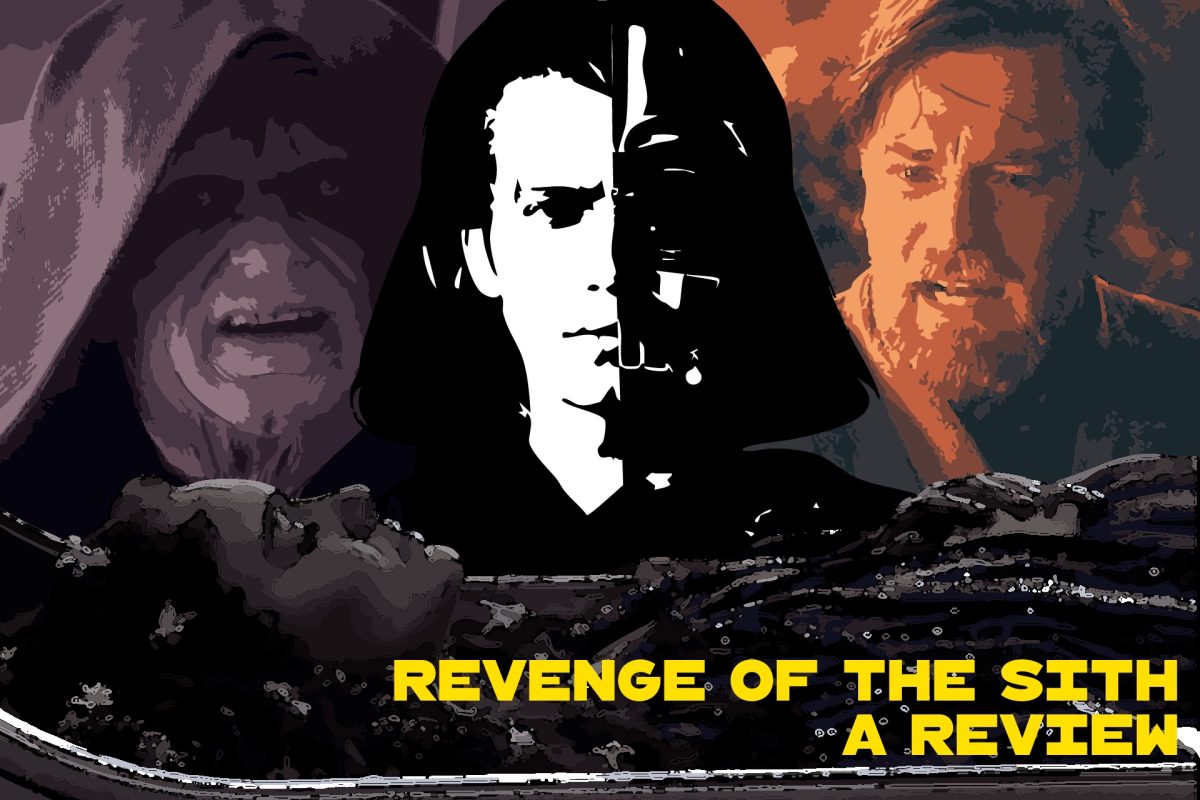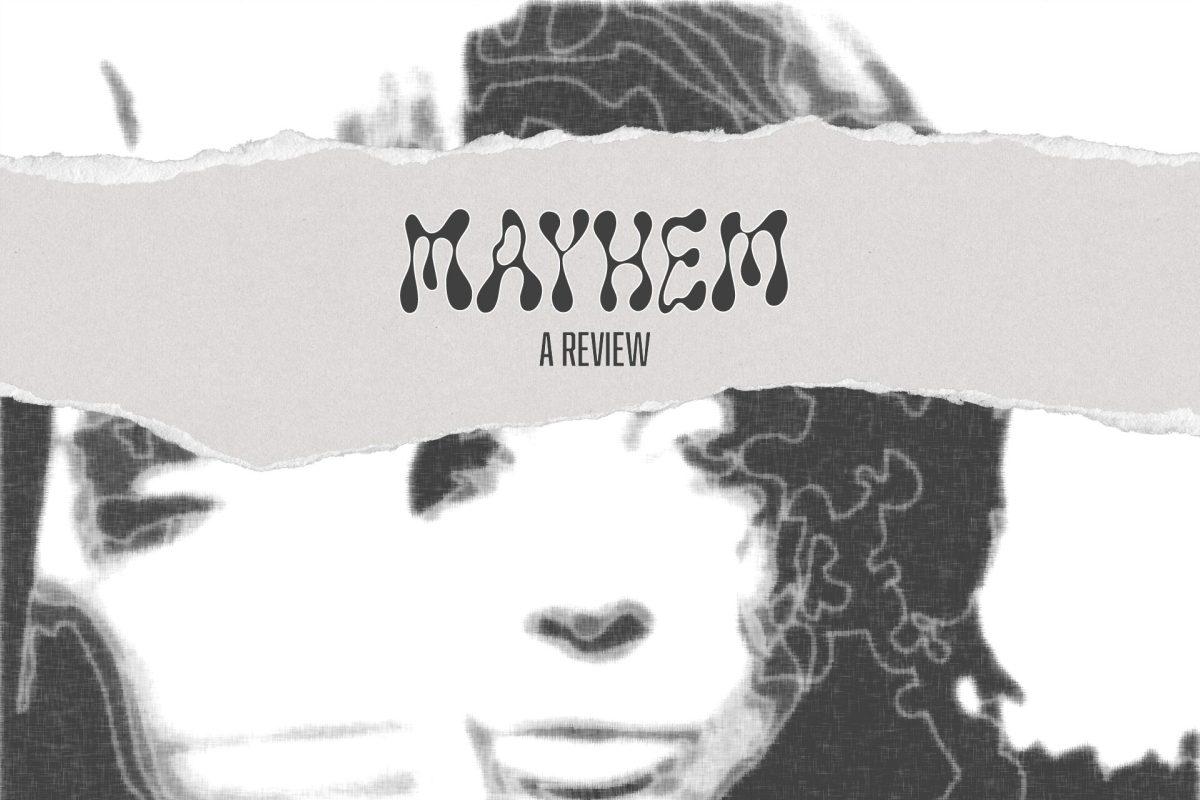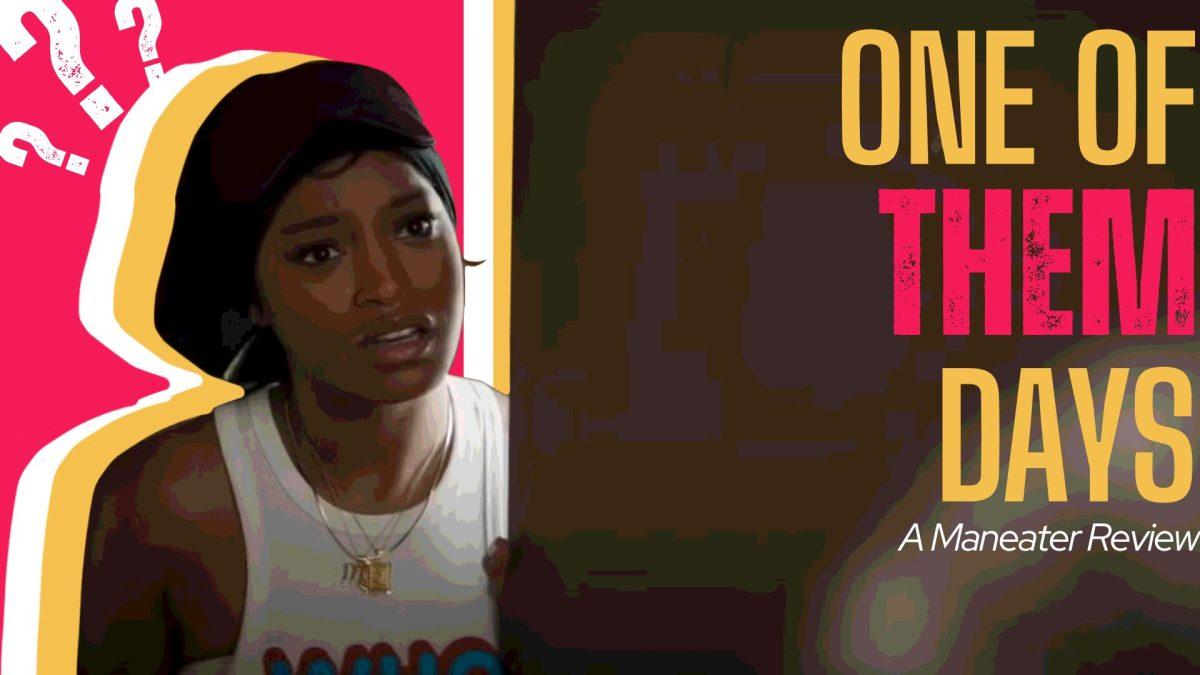The film highlights the strengths of student journalists in the face of corruption and the work it takes to improve the environment
A mixture of environmental activism, teen drama and mob thrills, the documentary “Middletown,” shown at the True/False Film Fest this weekend, inspires consideration of the present through reflections on the past.
Directed by Jesse Moss and Amanda McBaine, this film reflects on the environmental advocacy assumed by the “Electronic English” students taught by Fred Isseks at Middletown High School in the 1990s. After learning television skills and music video production, students applied their talents to an investigative journalism assignment aimed to reveal the toxic waste leaching from their mob-managed local landfills.
In terms of its structure, “Middletown” is in many ways a documentary within a documentary. Modern-day reenactments and interviews with Isseks and the former students are interspersed with real footage and behind-the-scenes content from the course’s final investigative project, a film titled “Garbage Gangsters and Greed.” These moments, often filmed on camcorders, are layered with ‘90s music and filled with pop culture references that leave them dripping in nostalgia.
The Electronic English classroom no longer exists, so filmmakers recreated the room to host interviews. This location seemed to evoke immense emotions in the former students and feelings of gratitude for past versions of themselves. Now all around age 50, each former student shares words of admiration for the strength they had while acknowledging how little they knew.
The film serves as an ode to educators, with each student reflecting on their relationship with Isseks as one former student noted him as a major influence. Through his interviews, Isseks is portrayed as a boundary pusher who fights for the creativity of his students. He encourages them to work for answers, even when it means breaking the law or causing discomfort. This comes at no small cost, as he is often ostracized by his co-workers and berated by local leaders.
Filmmaker Moss found inspiration to pursue this project in memories of his own formative teachers, and hopes that those who did not have such experiences can feel inspired through the film.
Although much of the story occurs in the 1990s, the film’s themes are largely reflected in the world today. Throughout the film, there are constant references to the idea that the younger generations will solve the world’s problems or change corruption in government. In today’s heated social and political climate, young people are often given the burden of fighting for improvements while being told they don’t have enough experience to make a real difference.
As the students from the film fight to expose the pollution coming from the landfills, and the corruption behind it, they are faced with constant roadblocks. Officials tell the students they aren’t “real journalists,” intimidate them from finding answers and aim their focus on economic impacts. In their interviews, the former students lament lacking progress today but work to maintain hope.
In a world faced with the existential threat of climate change and seemingly insignificant progress, Middletown asks its audience to turn their eyes to landfills and the damage on their doorstep. It reminds them that no matter the resistance or outcome, everyone must push for change because one day, we will get it right.
You can keep up with The Maneater’s 2025 True/False Film Fest coverage here.
Edited by Alyssa Royston | [email protected]
Copy edited by Natalie Kientzy | [email protected]
Edited by Emily Skidmore | [email protected]














Liam Hays • Mar 1, 2025 at 5:20 pm
THIS IS SO GOOD!